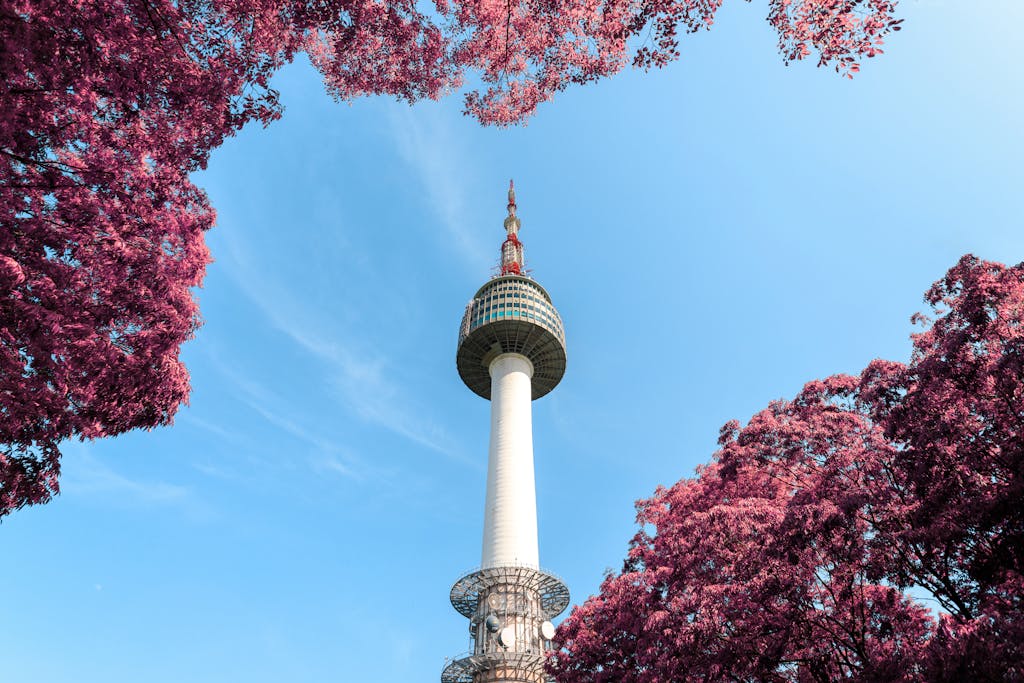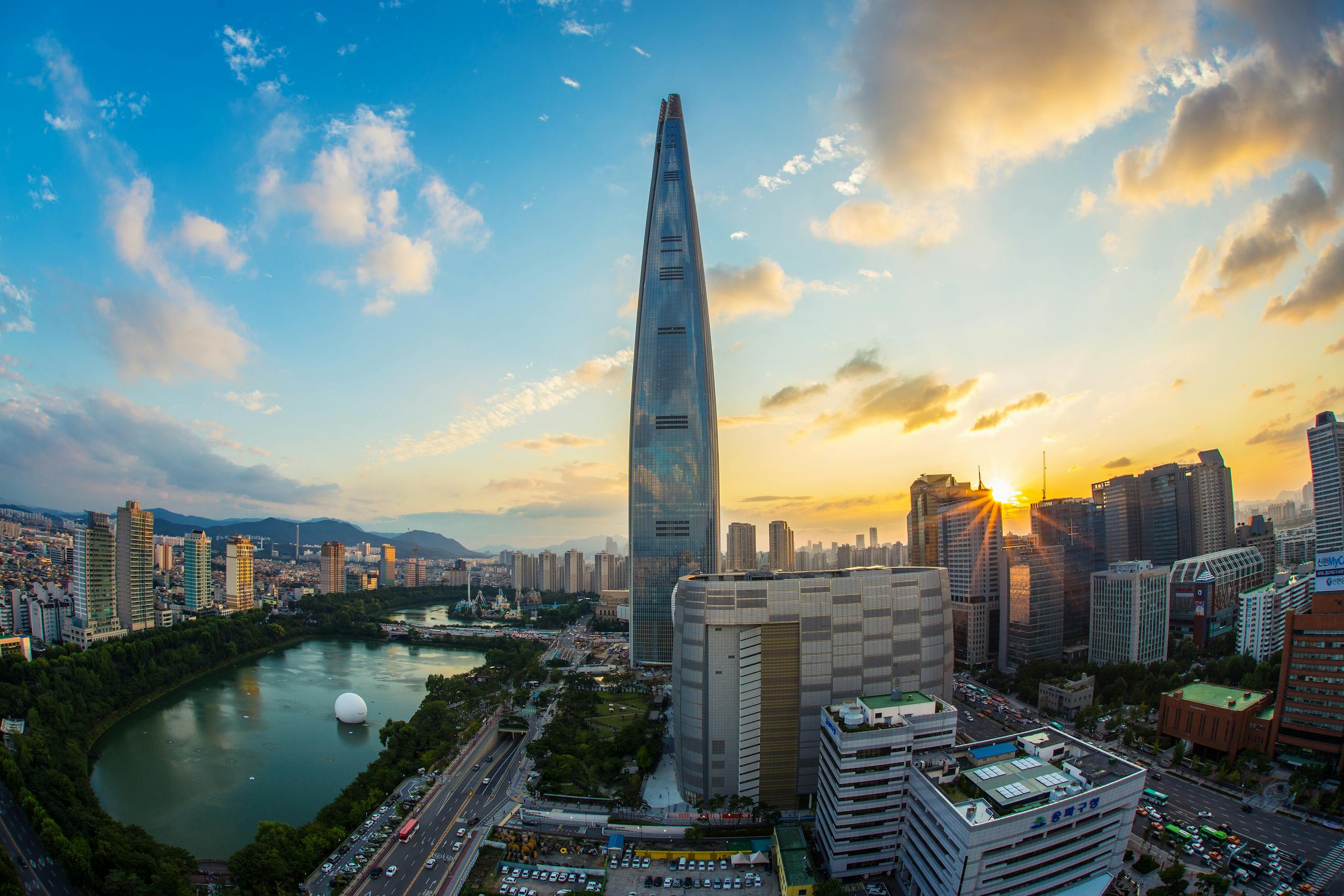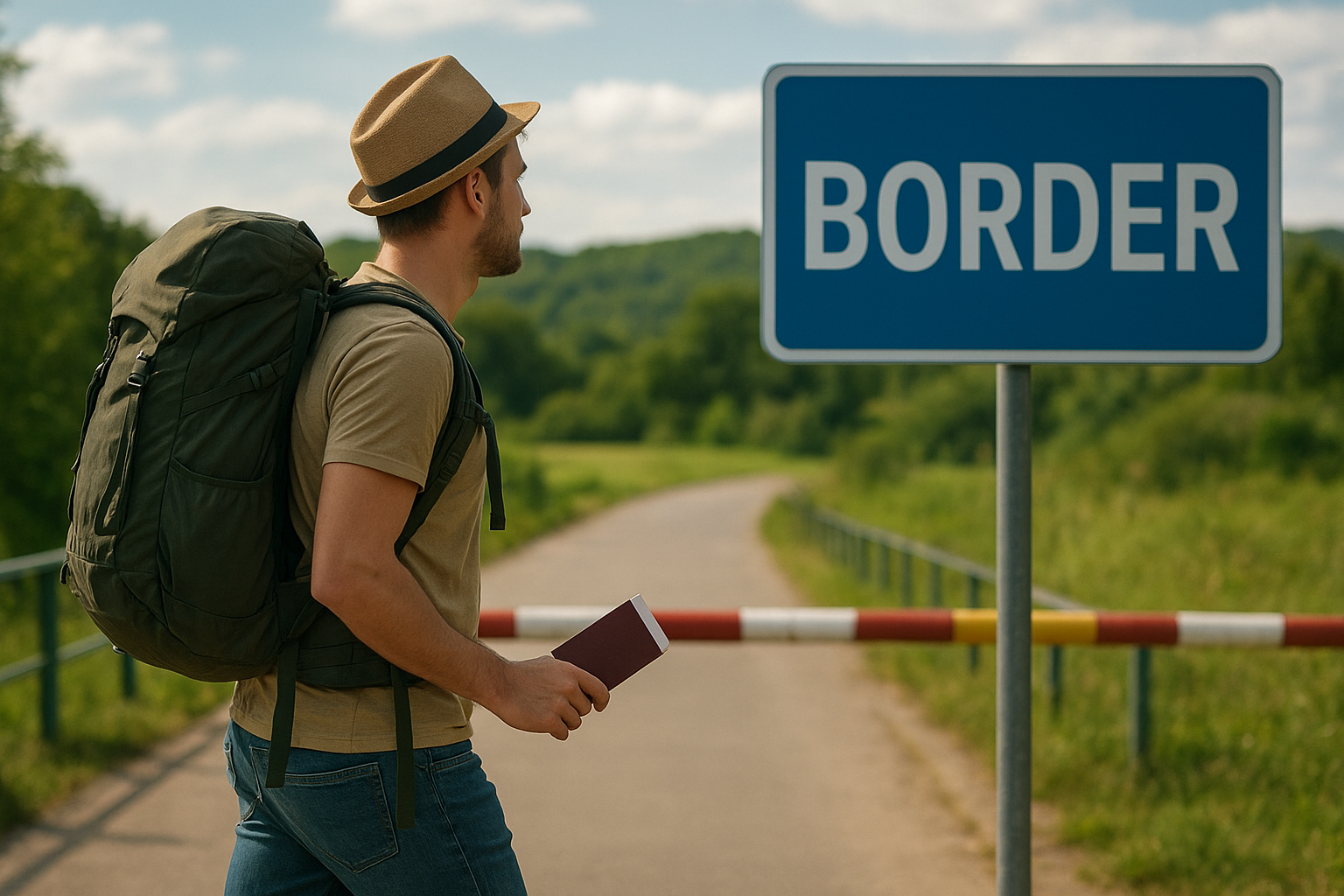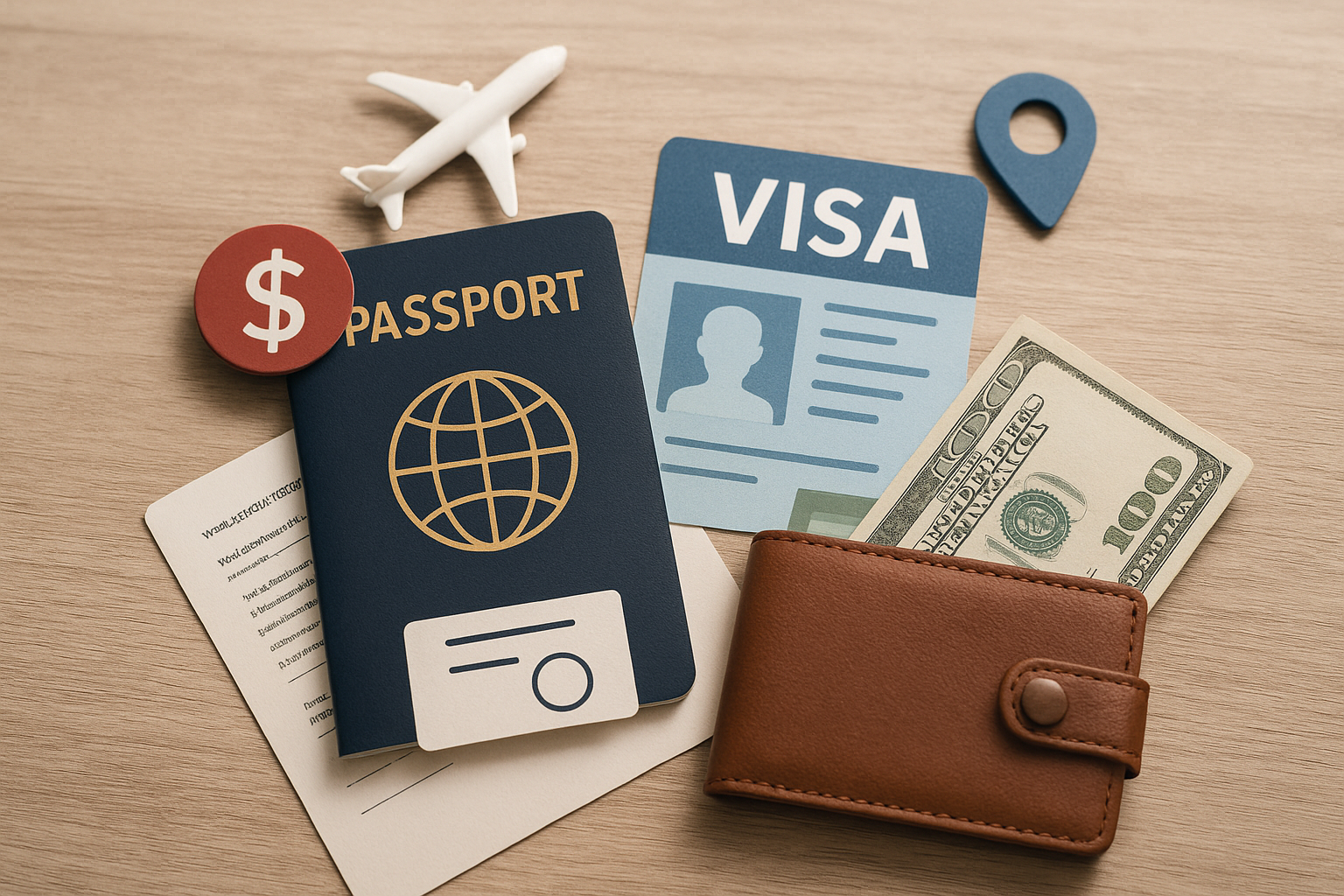Digital Nomad Visa in South Korea – Everything You Need to Know
In recent years, South Korea has emerged as a prime destination for digital nomads, thanks to its high-tech infrastructure, vibrant culture, and thriving expat community. As remote work becomes increasingly popular, many countries are adapting their visa policies to attract digital professionals. South Korea is no exception, offering unique visa options that cater to the needs of digital nomads. If you’re considering relocating to South Korea to embrace the digital nomad lifestyle, it’s essential to understand the visa process, what the country offers, and how to make the most of your experience there.
South Korea’s digital transformation and its focus on innovation make it an ideal location for digital nomads who thrive in dynamic, tech-savvy environments. From fast and reliable internet connections to co-working spaces that foster creativity, the infrastructure in South Korea is designed to support remote workers. However, navigating the visa process can be challenging without the right information. In this guide, we will explore everything you need to know about obtaining a digital nomad visa in South Korea, the different visa types available, and the steps required to apply.
Moving to a new country can be both exciting and daunting. Beyond understanding the visa requirements, it’s crucial to consider the broader aspects of life in South Korea. This includes the cost of living, safety, cultural attractions, and the overall lifestyle. With this comprehensive guide, you’ll be well-prepared to embark on your journey to South Korea and take full advantage of everything this fascinating country has to offer.
Why Choose South Korea for Your Digital Nomad Journey?
A Hub of Innovation and Technology
South Korea is globally recognized as a leader in technology and innovation. The country’s commitment to digital advancement is evident in its world-class internet speeds, cutting-edge technology, and a thriving startup ecosystem. For digital nomads who rely on seamless connectivity and access to the latest tech, South Korea is an ideal destination.
Moreover, the government’s focus on fostering innovation has resulted in numerous co-working spaces and tech hubs across the country, particularly in cities like Seoul and Busan. These spaces are not only equipped with high-speed internet but also provide networking opportunities with like-minded professionals from around the world.
For more information on South Korea’s technological infrastructure, visit Korea.net.
Rich Cultural Heritage and Modern Lifestyle
Beyond its technological prowess, South Korea offers a unique blend of ancient traditions and modern living. Whether you’re exploring the historic palaces of Seoul, hiking in the scenic mountains, or indulging in the vibrant street food scene, the country has something for everyone. The juxtaposition of old and new creates an enriching experience for digital nomads who want to immerse themselves in a culture that is both dynamic and deeply rooted in history.
Learn more about South Korea’s cultural heritage at VisitKorea.
Safe and Welcoming Environment
Safety is a top priority for many digital nomads when choosing a destination, and South Korea ranks highly in this regard. The country is known for its low crime rates, efficient public transportation, and clean cities. Additionally, South Korea’s healthcare system is modern and accessible, which adds an extra layer of comfort for those considering a longer stay.
For insights into living safely in South Korea, check out Korea4Expats.
Understanding the Digital Nomad Visa in South Korea
What Visa Options Are Available?
Currently, South Korea does not offer a specific “digital nomad visa”, but there are several visa options that can accommodate the needs of digital nomads. Here are some of the most relevant ones:
- D-8 Visa (Business Startup Visa): Ideal for entrepreneurs and freelancers who wish to start their own business in South Korea. This visa requires a certain amount of capital investment and the establishment of a registered business entity.
- D-9 Visa (Trade Management Visa): Suitable for those involved in international trade or who manage a business that requires frequent travel to and from South Korea.
- H-1 Visa (Working Holiday Visa): Available to citizens of certain countries, this visa allows individuals to work and travel in South Korea for up to one year. It’s a flexible option for digital nomads who may want to work part-time while exploring the country.
- F-2 Visa (Resident Visa): This visa is available to those who have resided in South Korea for a significant period, typically on a D-8 or D-9 visa. It offers more long-term stability and the ability to work in various fields.
For more details on South Korea’s visa options, visit the Korea Visa Portal.
How to Apply for a Visa
Applying for a digital nomad visa in South Korea involves several steps, depending on the type of visa you choose:
- Determine Eligibility: Review the visa requirements and ensure you meet the criteria. This may include proof of income, investment capital, or employment contracts.
- Prepare Documentation: Gather all necessary documents, including your passport, visa application form, proof of financial stability, business plans, or job offers.
- Submit Your Application: Applications can be submitted at a South Korean embassy or consulate in your home country. Some visas, like the D-8, may also require you to register your business in South Korea before applying.
- Attend an Interview: Depending on the visa type, you may need to attend an interview where you’ll be asked about your intentions in South Korea and your ability to support yourself financially.
- Wait for Approval: Visa processing times vary, so be sure to apply well in advance of your planned move. Once approved, you’ll receive your visa, allowing you to enter South Korea and begin your digital nomad journey.
For application forms and detailed steps, check out the South Korean Embassy website.
Life in South Korea: Cost of Living, Safety, and More
Average Cost of Living
While South Korea offers a high standard of living, it’s important to budget accordingly. The cost of living can vary significantly depending on your lifestyle and location. Here’s a breakdown of typical expenses:
- Housing: Rent in cities like Seoul can be relatively high, especially in popular districts. On average, expect to pay between $600 to $1,500 per month for an apartment, depending on the size and location.
- Food: Eating out is affordable, with meals at local restaurants ranging from $5 to $15. Groceries are also reasonably priced, especially if you shop at local markets.
- Transportation: South Korea has an efficient and affordable public transportation system. A monthly subway pass in Seoul costs around $50, while taxis are also inexpensive compared to other major cities.
- Healthcare: South Korea’s healthcare system is both affordable and of high quality. Health insurance is mandatory, and costs vary based on income and visa type.
Safety and Security
South Korea is considered one of the safest countries in the world. The low crime rate, combined with the country’s efficient public services, makes it an attractive destination for digital nomads. Whether you’re walking around late at night or using public transportation, you’ll find that South Korea offers a secure environment.
For more safety tips and crime statistics, check NationMaster
Language and Communication
While Korean is the official language, many people in South Korea, especially in larger cities, speak English. There are also numerous language exchange programs and Korean language schools available, which can be a great way to learn the language and meet new people.

Exploring South Korea: Top Cities and Attractions
Seoul: The Dynamic Capital
Seoul is the heart of South Korea and a must-visit for any digital nomad. The city is a bustling metropolis that seamlessly blends ancient history with modern innovation. Key attractions include:
- Gyeongbokgung Palace: A stunning reminder of Korea’s royal past, this palace is a must-see for history enthusiasts.
- N Seoul Tower: Offers panoramic views of the city and is especially beautiful at night.
- Dongdaemun Design Plaza (DDP): A hub for design and culture, hosting various exhibitions, fashion shows, and events.
Busan: A Coastal Haven
Busan, South Korea’s second-largest city, is known for its beautiful beaches, vibrant nightlife, and seafood cuisine. Highlights include:
- Haeundae Beach: One of the most popular beaches in South Korea, perfect for relaxation or water sports.
- Jagalchi Fish Market: A lively market where you can sample fresh seafood straight from the sea.
- Gamcheon Culture Village: An artistic village with colorful murals, quaint cafes, and stunning views.
Jeju Island: Nature’s Paradise
For those who crave nature and adventure, Jeju Island is the perfect escape. Known as the “Hawaii of South Korea,” Jeju offers:
- Hallasan National Park: Home to South Korea’s highest peak, Hallasan Mountain, offering breathtaking hikes.
- Jeongbang Waterfall: A stunning waterfall that plunges directly into the ocean—a rare sight in Asia.
- Seongsan Ilchulbong (Sunrise Peak): A UNESCO World Heritage site famous for its stunning sunrise views.
Making the Move: Final Thoughts
South Korea presents an enticing blend of modernity and tradition, making it an ideal destination for digital nomads. With its strong digital infrastructure, rich culture, and welcoming environment, South Korea offers everything you need to thrive as a remote worker. While the visa process may seem complex, careful planning and understanding of your options will ensure a smooth transition.
By embracing the opportunities that South Korea provides, you can enrich your digital nomad experience and enjoy a lifestyle that combines work, adventure, and cultural immersion. As you plan your move, remember to stay informed about visa updates and local regulations to make the most of your time in this dynamic country.













